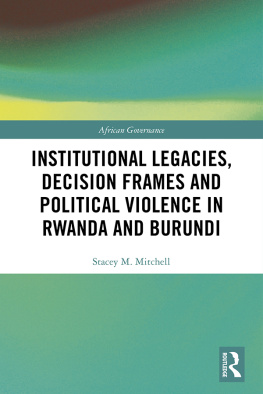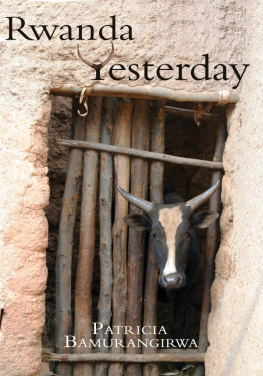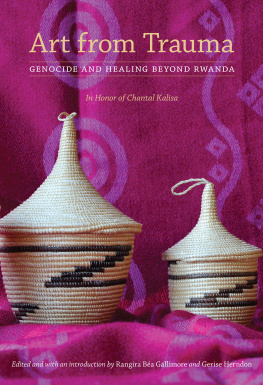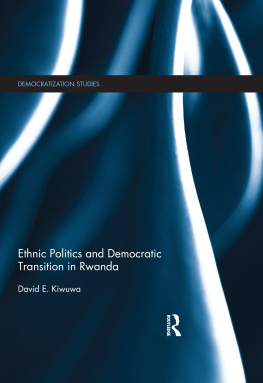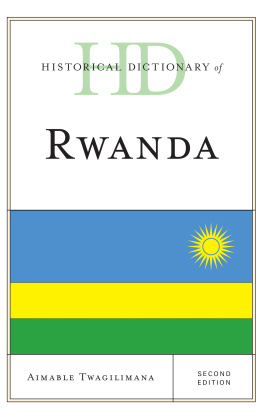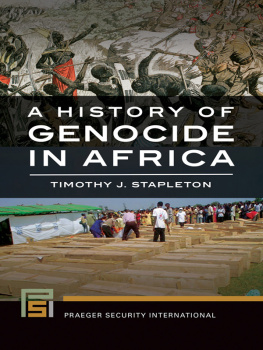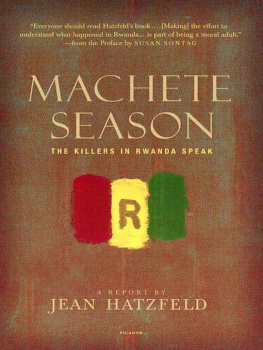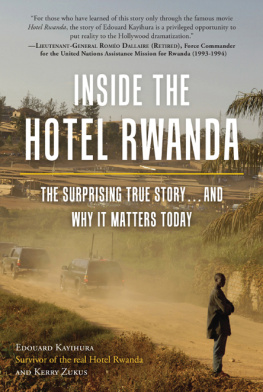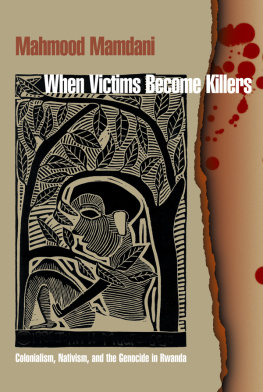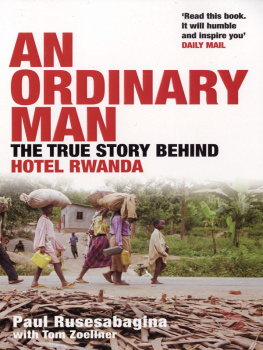Stacey M. Mitchell - Institutional Legacies, Decision Frames and Political Violence in Rwanda and Burundi
Here you can read online Stacey M. Mitchell - Institutional Legacies, Decision Frames and Political Violence in Rwanda and Burundi full text of the book (entire story) in english for free. Download pdf and epub, get meaning, cover and reviews about this ebook. City: London, year: 2018, publisher: Routledge, genre: Science / Politics. Description of the work, (preface) as well as reviews are available. Best literature library LitArk.com created for fans of good reading and offers a wide selection of genres:
Romance novel
Science fiction
Adventure
Detective
Science
History
Home and family
Prose
Art
Politics
Computer
Non-fiction
Religion
Business
Children
Humor
Choose a favorite category and find really read worthwhile books. Enjoy immersion in the world of imagination, feel the emotions of the characters or learn something new for yourself, make an fascinating discovery.
- Book:Institutional Legacies, Decision Frames and Political Violence in Rwanda and Burundi
- Author:
- Publisher:Routledge
- Genre:
- Year:2018
- City:London
- Rating:3 / 5
- Favourites:Add to favourites
- Your mark:
Institutional Legacies, Decision Frames and Political Violence in Rwanda and Burundi: summary, description and annotation
We offer to read an annotation, description, summary or preface (depends on what the author of the book "Institutional Legacies, Decision Frames and Political Violence in Rwanda and Burundi" wrote himself). If you haven't found the necessary information about the book — write in the comments, we will try to find it.
Rwanda and Burundi are strikingly similar countries that underwent democratization in the early 1990s. In both, resistance to democratic reforms led to coups dtat and presidential assassinations. A conundrum arises in terms of what transpires next. In Rwanda, total genocide was perpetrated by extremist Hutu actors, including government officials, upon the countrys Tutsi and politically moderate Hutu populations. In Burundi the coup dtat failed and instead ushered in a lengthy period of civil war. This divergence in outcome is puzzling given the similarity of these two countries, and it is not adequately explained by studies that address collective violence in each.
This book utilizes an integrative approach that facilitates the formation of an explanation that more fully accounts for variation in the type of collective violence that occurred in Rwanda and Burundi. Showing that political actors during periods of major institutional change do not all respond to or perceive reform in the exact same manner or in a necessarily rational manner, this book makes an important contribution to the literature on ethnic conflict, collective violence and democratization in Africa.
Stacey M. Mitchell: author's other books
Who wrote Institutional Legacies, Decision Frames and Political Violence in Rwanda and Burundi? Find out the surname, the name of the author of the book and a list of all author's works by series.

